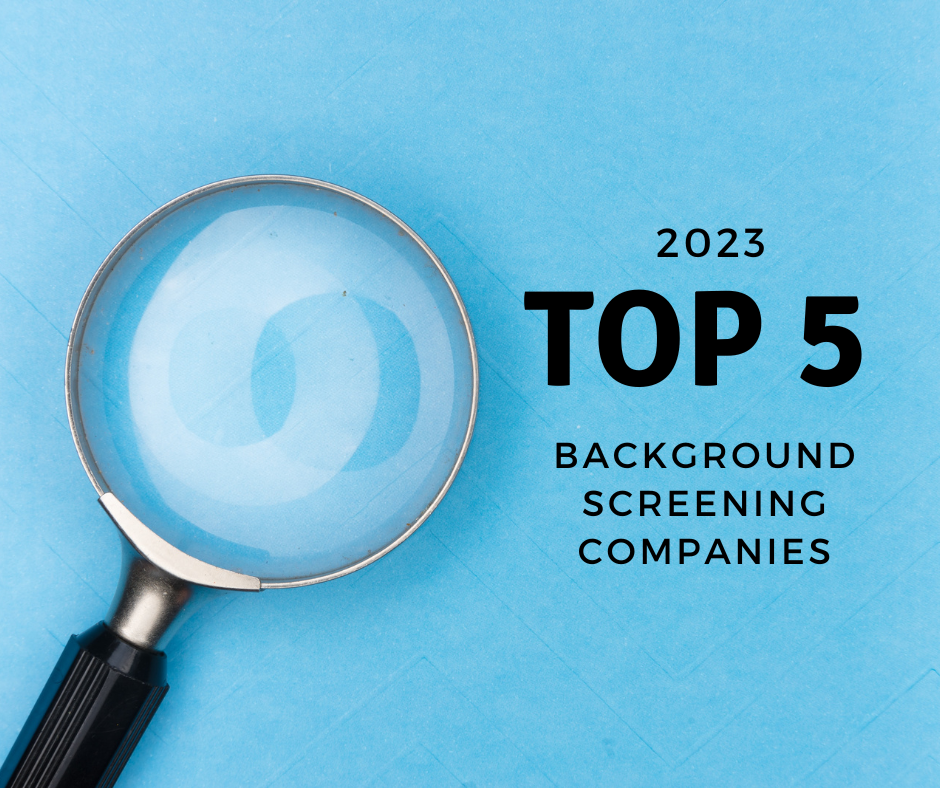Is your background screening methodology leading the way, or a best practice is attracting risk? Headlines such as, “Volunteer arrested on child abuse charges” and “Coach arrested, accused of having inappropriate interactions with players” are becoming all too common these days.
Are your hiring practices - specifically regarding your background check process - safeguarding against your parks and recreation agency from hitting the news cycle for the wrong reasons?
While there is no database containing records from every county in the U.S., either by some level of government or commercially, there are best practices your administration can put into place to ensure your agency doesn’t become tomorrow’s headline fodder.
Why Negative Headlines are So Common
There are 3,144 counties in the U.S., each with its own court system equating to approximately 5,400 courts. Unfortunately, there is no standardization to how data is reported or what is required for criminal records. These records are the same ones relied on for important employment and volunteer placement decisions.
Due to the lack of standardization there is no consistency with personal identifiers. For example, one jurisdiction may include full name, date of birth (DOB), and address, where another may only include full name and age.
To make it even more challenging, social security numbers (SSNs) are not stored or available to use for searching criminal records, meaning there is no unique identifiers provided. This poses a risk to your agency in understanding exactly who is spending time around children, adolescents, teenagers, and other employees.
The lack of standardization and unique searchable identifiers available to search all criminal records make it easy to miss criminal records when doing some background screens, which leads to negative headlines.
Mitigating the Risks Through Best Practices
When deciding on employment screening and/or volunteer screening methodology here are a few things to keep in mind when planning how to prevent risk.
How healthy is your data?
States do not directly obtain the information in their databases, much of the information received is through their county records. Ideally, the information when entered would be correct and complete; however, in many cases the records are either inaccurate or contain missing data. It’s important for you to know the quality of your local and state data, not to mention, not everyone has always lived in the same state as your district. You’ll need to assess what screening methods you are using to get the best data from every state your applicants come from.
What is your background check costing you?
In parks and recreation agencies budgets are already lean, and it’s sometimes difficult to understand the pricing from different background screening companies. Not all background checks are the same and the best approach is to ask “Are we getting the best quality screen for a fair price?” Selecting background checks based on the lowest cost can lead to buying a low quality screen. Ask your vendor, “Can we screen better and how much would it costs?” That should help answer the questions regarding the quality you are buying.
Turnaround time has ripple effects.
Time is not always on your side when making employment placements or needing that last minute volunteer for a field trip or coaching replacement. Delays predominately experienced are related to the jurisdictions you are searching. In many cases, a court runner is physically going to a court house to conduct the search for your applicant. This manual process, although highly effective, can lead to longer turnaround times due to court access hours and even the amount of staff or technology they have to help the court runner conduct the search. It’s important for you to know of any jurisdictions that you may be accessing regularly that could drive common delays.
The good news is the vast majority of quality background checks are completed in less than 72 hours. However, one cautionary message, if your district is getting results instantly or in a just a few hours you can suspect you are buying the cheapest background check possible that could have serious quality issues.
Are you getting the full story?
Inaccuracies in reports can’t provide the detail you need when making a hiring decision or preventing a dangerous person from becoming a volunteer. When records are missing, or pertinent information from a record is missing, such as final dispositions it becomes challenging to make effective hiring decisions. Making sure you’re getting the best data possible from as many sources as possible insures you’re getting the full story. Choosing a different approach or unknowingly using a low quality screen means it’s just a matter of time before the headlines begin.
What Grade Would Your Screening Process Receive?
Based on what you’ve read so far, how confident are you in your background check process? If you think it’s time to review your screening policy or want some insight from one of our consultants, give Background Investigation Bureau a call at 877-439-3900 or email us at sales@bib.com. We'd love to help you analyze your processes and bridge any gaps.
Legal Information Is Not Legal Advice
This information about the law is designed to help users learn about legal requirements. But legal information is not the same as legal advice. Although we go to great lengths to make sure our information is accurate and useful, we recommend you consult a lawyer if you want professional assurance that our information, and your interpretation of it, is appropriate to your particular situation.



